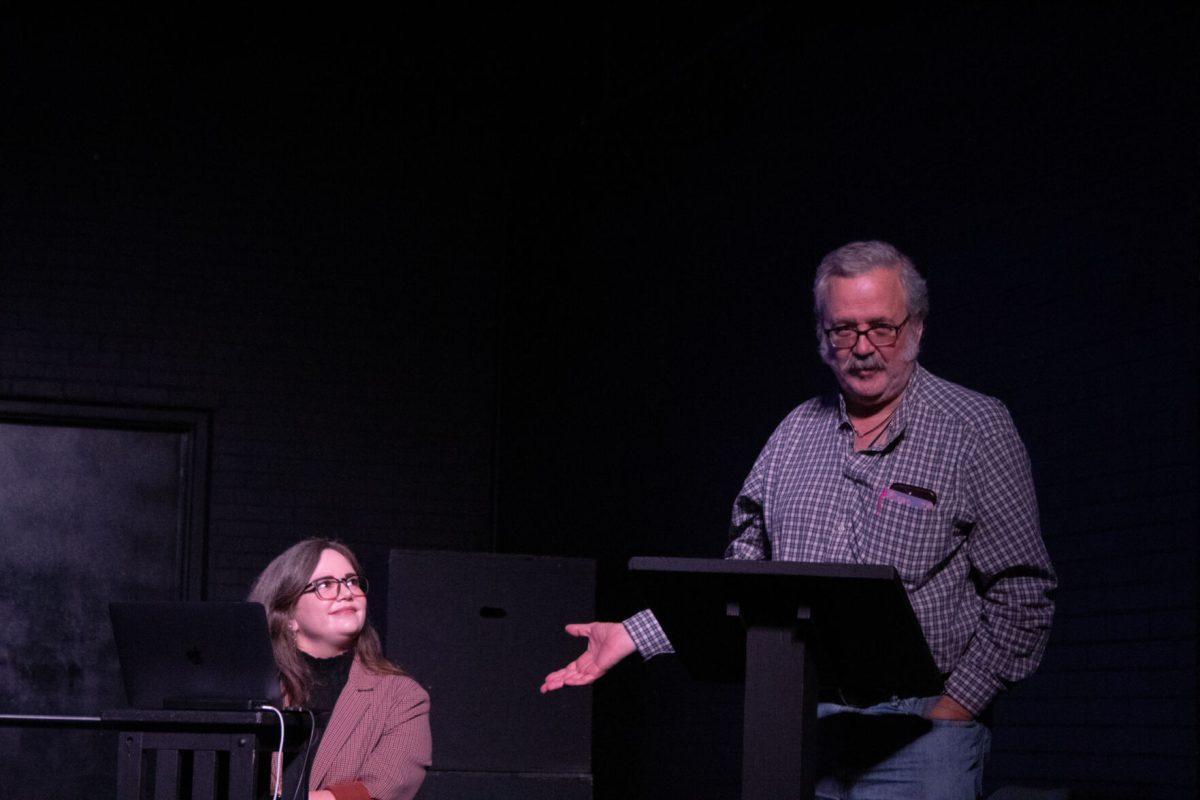In a nation with nearly 38 million black Americans, only 5 percent of attorneys are black. University law students Jumoke Dara and Natalie Ebolum are hoping to change that.
The Black Law Students Association at LSU provides students like Dara and Ebolum networking and professional opportunities within a close-knit community of students that “look like you,” Dara and Ebolum said.
One of the primary professional growth opportunities students are offered through BLSA are found in moot court and mock trial competitions. Dara argues law school curriculum offers little classroom instruction on how to control a courtroom. The University’s Thurgood Marshall Mock Trial Competition team, at their regional competition in New Orleans, placed as semifinalists in January. A successful moot court or mock trial team is essential to the professional success and education of young lawyers, Dara said.
“They don’t really teach your how to act in a courtroom so the only way you’re going to do that is through first hand experience,” Dara said.
The National Black Law Students Association was founded by Algernon Johnson Cooper in 1968 with the purpose of encouraging the “development of talented and socially conscious lawyers of tomorrow.” The organization is comprised of over 6,000 members and is established in six countries, from Nigeria to South Africa.
While studying to enter one of the least racially diverse profession in the nation, according to the Bureau of Labor, law students have taken the initiative to establish communities that provide them with professional opportunities they would not get otherwise, especially if they do not have family or other professional connections, Ebolum said.
The NBLSA hosts both regional and national events that law students can attend, such as the regional conference held in New Orleans in this past January where Dara was able to meet and speak with other University law graduates, as well as law graduates from across the state.
“It is definitely a ‘who you know’ society… these types of networking opportunities are really invaluable for minority students,” Ebolum said.
This past weekend, Ebolum attended a conference in New Orleans and said she was surprised by the quality of professionals attending, the amount of students there, and the resources they had to offer to students. Ultimately, the conference helped her to land a fall clerkship.
Apart from the professional benefits members of the BLSA see, Ebolum said it provided her some comfort during a “culture shock” after attending the University of Tennessee, working in New York and being from New Jersey.
“It [Louisiana] is a very different environment from what I am used to,” Ebolum said.
Dara, on the other hand, feels that it benefits law students on a social level, as well. Recently, Dara said some members of the BLSA got together to go to Barcadia Burger Happy Hour. The organization, like many others on campus, allows students to come together, get to know each other and connect in ways they otherwise would not have been able to.









